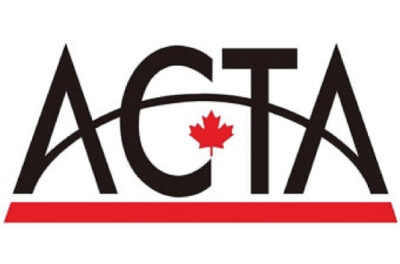If you have been unemployed for six months or longer, and are part of a low-income household, you may benefit from this grant.
Better Jobs Ontario provides eligible applicants with:
- skills training for in-demand jobs
- financial support
You can apply for up to $28,000 for costs, including:
- tuition
- books
- other instructional costs, including student fees, supplies and electronic devices
- transportation
- basic living allowance (up to $500 per week)
Additional funding may be available for:
- childcare
- disability-related supports
- living away from home
- Literacy and Basic Skills (LBS) and/or language training
Length of training programs
Better Jobs Ontario aims to help you rejoin the workforce quickly. That’s why the program focuses on training programs that take 52 weeks or less to complete, including micro-credential programs.
Eligibility
You qualify for Better Jobs Ontario if you either:
- have been laid-off and have not been working or are working a temporary job just to cover costs
- have not been laid-off but have been unemployed for six months or longer and are part of a low-income household
- international students do not qualify
You can still apply if you receive either:
- Employment Insurance (EI)
- Ontario Works (OW)
- Ontario Disability Support Program (ODSP)
Laid-off due to COVID-19
While the Better Jobs Ontario program is open to unemployed jobseekers, a fast-track stream is available if you were laid-off because of COVID-19 and want to retrain for jobs in sectors that have potential for future employment.
If your application meets all the following criteria, you will go through a faster approval process, giving you access to training sooner:
- You were laid-off on or after March 1, 2020.
- You have a high school education or less, you were laid-off from an occupation requiring no more than a high school education and job-specific training, such as food and beverage servers, flight attendants and retail salespersons.
- You were laid-off from an industry hit hard by the pandemic, such as hospitality and food services, transportation and warehousing or wholesale and retail trade.
- You want to train for a career in demand in a local community or provincial priority area.




